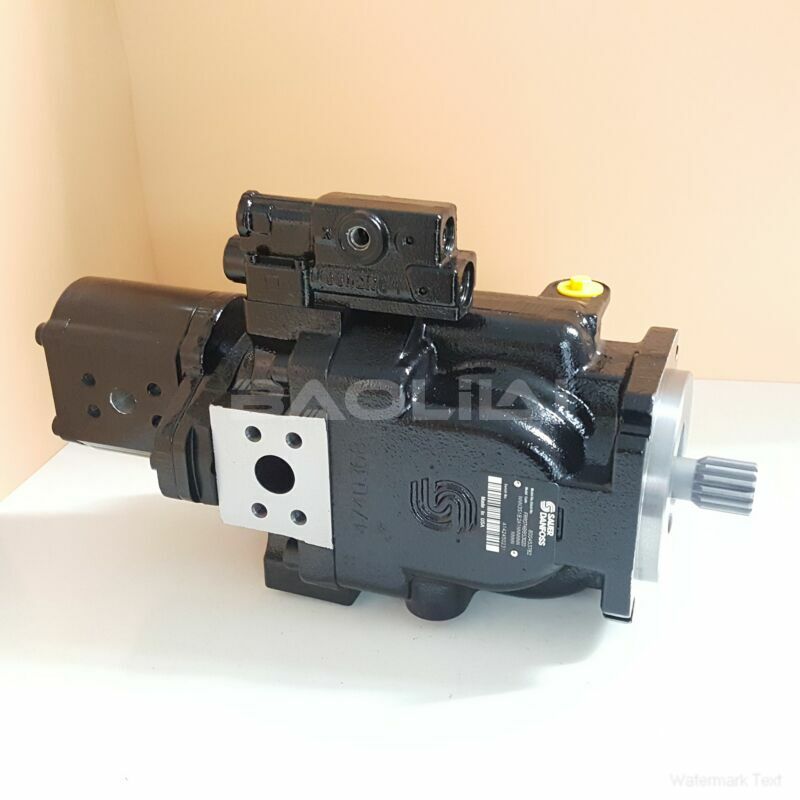FRL074BBS3120NNN3S1C2A1NNNNNNNNNN danfoss pump
FRL074BBS3120NNN3S1C2A1NNNNNNNNNN danfoss pump

- Product Details
- Applicable Scene
In the realm of manufacturing, the efficiency and effectiveness of machinery play a critical role in productivity and output quality. Amongst the various types of equipment, piston pumps have emerged as an indispensable component, particularly in heavy-duty applications. Their ability to handle high pressures and deliver precise fluid control makes them a preferred choice in numerous industrial sectors.
FR-L-074B-BS-31-20-NN-N-3-S1C2-A1N-NNN-NNN-NNN
FRL074BBS3120NNN3S1C2A1NNNNNNNNNN
Piston pumps operate on a simple yet efficient principle: the movement of a piston within a cylinder creates a vacuum that draws fluid in and then expels it under high pressure. This design not only allows for the handling of a wide range of fluids—from water to viscous oils—but also provides consistent discharge rates that are vital for manufacturing processes.

80004411
One of the primary advantages of piston pumps is their high efficiency in transferring energy. This efficiency translates to lower operational costs and reduced energy consumption, making them a cost-effective solution for manufacturers. Additionally, piston pumps exhibit superior performance in terms of pressure output, often reaching levels that are unattainable by other pump types, such as centrifugal pumps. This capability is particularly important in applications that require precise handling of thick or abrasive fluids, where even slight variations in pressure can lead to detrimental outcomes.
Moreover, piston pumps are renowned for their robustness and reliability, which are crucial attributes in heavy-duty applications. Unlike other pumping systems that may wear out quickly under high pressure and demanding conditions, piston pumps are built to withstand the rigors of heavy industrial use. Their durability allows them to maintain performance over extended periods, reducing the frequency of maintenance and downtime—a key consideration for manufacturers striving to maximize productivity.
In addition to their physical attributes, piston pumps are also favored for their adaptability in various manufacturing processes. They can be easily integrated into existing systems, and their variable stroke length allows manufacturers to adjust flow rates to meet specific process requirements. This flexibility is essential in industries such as automotive manufacturing, food processing, and chemical production, where different operations demand varying fluid handling capabilities.





